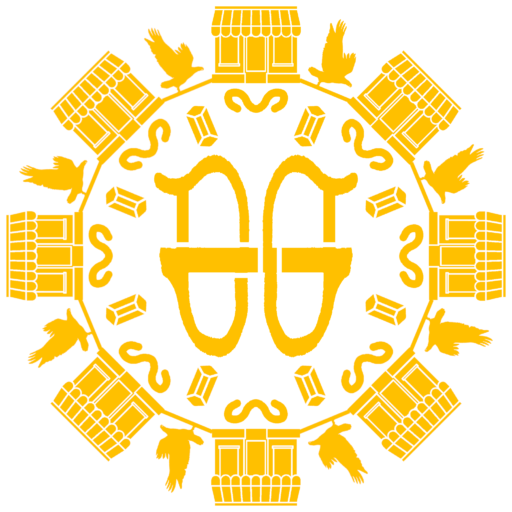James Ngũgĩ (1938-?)
He was born in a large peasant family in Kenya when it was originally a British colony. He witnessed the Mau Mau War of Independence, which influenced his later works.
Thiong\’o was educated in Makarere University College and then the University of Leeds.
Ngũgĩ wa Thiong’o (?-)
He changed his name in order to better suit his decolonized identity. While he retained his surname as his byname, he adopted Thiong’o which was originally his father\’s name, specifically wa Thiong’o means of Thiong’o.
He became a lecturer of literature in 1967 at the University of Nairobi for ten years, while also serving as a Fellow of Creative Writing in Makarere.
Instead of writing in English, Thiong’o prefers to write in his native Gikuyu language. When Kenya was a British colony, his writing focused on colonization. When Kenya declared independence, he changed his focus towards corruption. In 1977, he was detained and spent a year in prison for running a communal theatre group in his home village. It would be there that he would write Devil on the Cross on toilet paper.
After being released, he spent time in a self-imposed exile, traveling to the United Kingdom, then to the United States. He taught literature in New York University and the Universities of Bayreuth and Auckland, Yale, Smith, and Amherst.
Sources
- About. Ngugi wa Thiong’o.
- White, Craig. ”Ngugi wa Thiong’o (b. James Ngugi, 1938)”. Craig White’s Literature Courses. University of Houston Clear Lake.
